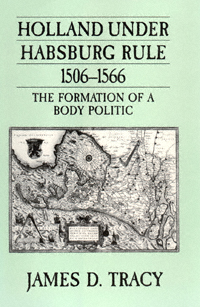
Robert Dudley (1574–1649), the natural son of the 1st Earl of Leicester and Lady Douglas Sheffield, led a life characterized by ambition and intrigue. During his formative years, he was brought into his father’s household and received his education at Christ Church College, Oxford. His passion for the naval field blossomed under the mentorship of Sir Thomas Chaloner and the influence of his father. Although he inherited estates, titles were withheld due to his recognized illegitimacy; nevertheless, his love for the sea and the family’s naval heritage propelled him toward daring ventures.
He undertook exploratory expeditions, which included a mission to navigate to Guiana. His seafaring experiences involved capturing Spanish vessels and leading the infamous Cádiz campaign alongside Robert Devereux, which earned him the honor of knighthood. However, disillusionment led him into a legitimacy dispute before the Star Chamber, which he ultimately lost, resulting in his move to Florence in 1605 with Elizabeth Southwell, where he embraced Catholicism.
In Florence, Dudley flourished as a prominent advisor to the Grand Dukes of Tuscany, playing a crucial role in the maritime and commercial advancement of Livorno. He designed vessels, participated in fortification efforts, port development, and strategies against piracy. Amid personal trials and the passing of Southwell, his legacy reached a pinnacle with his extensive maritime encyclopedia, “Dell’ Arcano del Mare.” Released posthumously in 1646, it amalgamated navigational insights and introduced Mercator’s projection to marine atlas creation. Dudley’s influence endured through maritime innovations, contributions to cartography, and his significant collection, now revered at the Museo Galileo.
Dudley’s existence stands as a tribute to overcoming both personal and maritime obstacles, exemplifying the complex intersection of exploration, ambition, and scientific pursuit during the late Renaissance era.